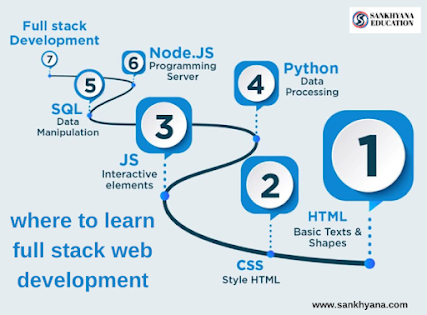Data Science is a Degree
Data Science is a Degree
Data science is a multidisciplinary field that combines elements of mathematics, statistics, computer science, and domain knowledge to extract insights and knowledge from data. It involves the collection, processing, analysis, and interpretation of large and complex datasets to solve real-world problems.
Register your interest here: https://forms.gle/Qw8GjAehRk6WgCjF7
Certainly! Data science is a multidisciplinary field that combines elements of mathematics, statistics, computer science, and domain knowledge to extract insights and knowledge from data. It involves the collection, processing, analysis, and interpretation of large and complex datasets to solve real-world problems.
A degree in data science equips students with the necessary skills and knowledge to excel in this field. It typically covers various topics such as statistics, machine learning, data visualization, data engineering, database management, programming, and domain-specific applications.
Here are some key aspects you could cover in a data science degree blog:
1. Introduction to Data Science: Explain what data science is and why it's important in today's world. Discuss its applications in different industries such as finance, healthcare, marketing, and more.
2. Curriculum and Courses: Provide an overview of the typical curriculum and courses offered in a data science degree program. Highlight the key topics and skills students can expect to learn.
3. Mathematics and Statistics: Discuss the mathematical foundations of data science, including probability theory, linear algebra, calculus, and statistical analysis. Explain how these concepts are applied in data science.
4. Machine Learning and AI: Explore the principles and algorithms of machine learning, covering topics such as supervised learning, unsupervised learning, reinforcement learning, and deep learning. Discuss real-world applications of machine learning and the ethical considerations involved.
5. Data Visualization: Highlight the importance of effective data visualization in data science and explore various techniques and tools for visualizing data. Discuss best practices and examples of compelling visualizations.
6. Data Engineering: Explain the process of collecting, cleaning, and transforming raw data into a usable format. Discuss concepts such as data integration, data pipelines, and data quality assurance.
7. Big Data and Cloud Computing: Discuss the challenges and opportunities associated with handling large-scale datasets. Explore technologies such as Hadoop, Spark, and cloud computing platforms like AWS and Azure.
8. Domain-Specific Applications: Highlight how data science is applied in different domains, such as finance, healthcare, e-commerce, and social media. Provide case studies and real-world examples to illustrate the impact of data science in these areas.
9. Career Paths and Opportunities: Discuss the diverse career paths available to data science graduates, such as data scientist, data analyst, machine learning engineer, and business analyst. Provide insights into job prospects, salary expectations, and in-demand skills.
10. Emerging Trends and Technologies: Keep your readers updated on the latest trends and developments in data science. Cover topics such as explainable AI, natural language processing, deep reinforcement learning, and ethical considerations in AI.
Remember to make your blog accessible to both beginners and those with intermediate knowledge in data science. Provide practical examples, tutorials, and resources to help readers deepen their understanding and apply the concepts in real-world scenarios.
Good luck with your data science degree blog!
.png)

.png)

Comments
Post a Comment